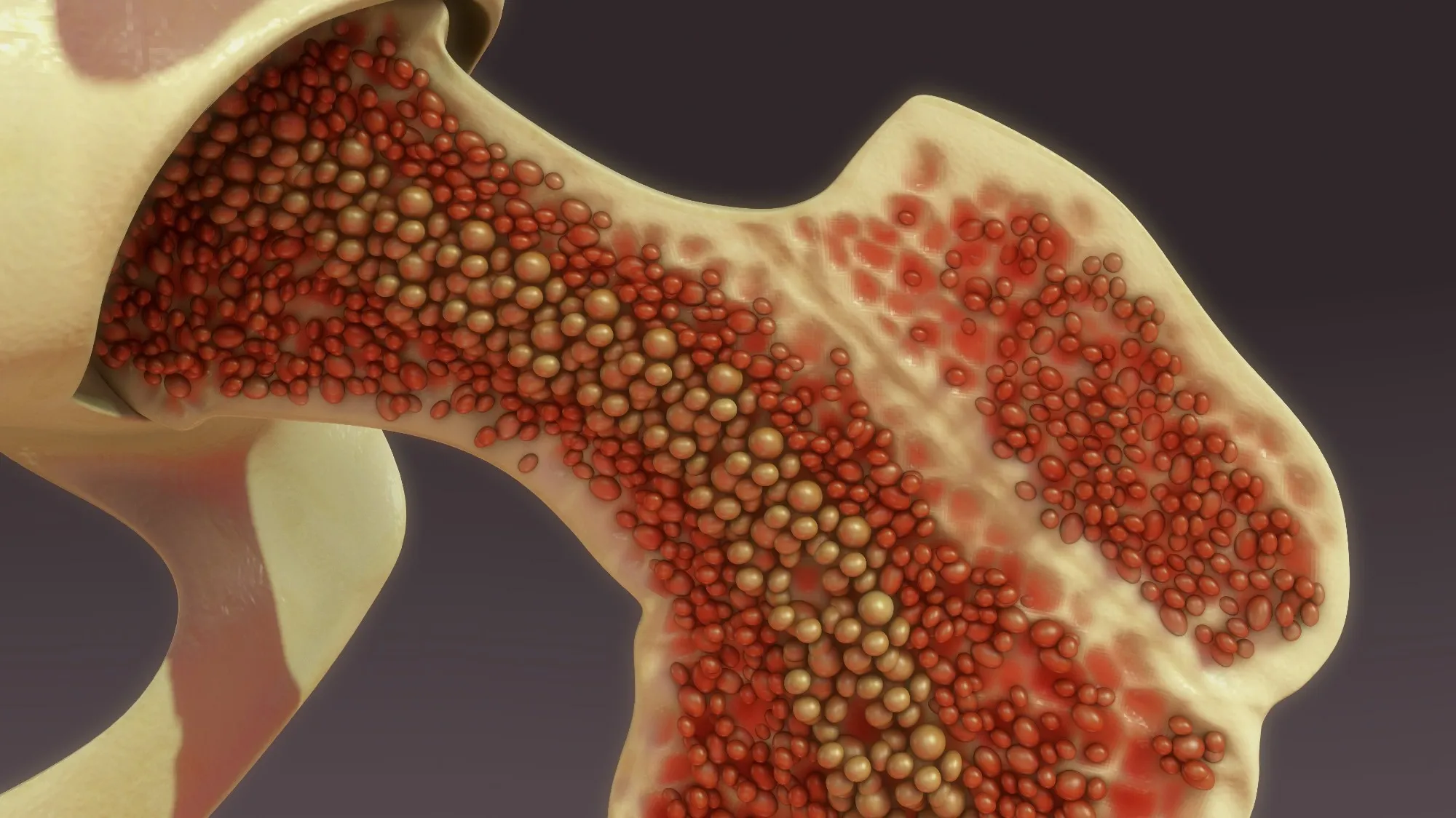Antibody Response and COVID-19: Exploring Long-lived Plasma Cells After mRNA Vaccination

Antibody Dynamics Post COVID-19 mRNA Vaccination
Recent discoveries shed light on the behavior of SARS-CoV-2-specific plasma cells in relation to COVID-19 mRNA vaccinations. Researchers observed that these cells largely fail to establish in the bone marrow compartment where long-lived plasma cells are typically found. This finding raises concerns about the duration of adequate antibody response against the coronavirus disease COVID-19.
Understanding the Implications of Limited Longevity
- Short-lived antibodies may lead to greater susceptibility to reinfection.
- The capacity of mRNA vaccines to induce immunity through sustained immunoglobulin production appears compromised.
- COVID-19 vaccinations may need additional strategies to bolster long-term immune response.
This research emphasizes the importance of ongoing studies to improve the effectiveness of future vaccinations against respiratory viruses such as influenza and the severe acute respiratory syndrome caused by SARS-CoV-2.
This article was prepared using information from open sources in accordance with the principles of Ethical Policy. The editorial team is not responsible for absolute accuracy, as it relies on data from the sources referenced.